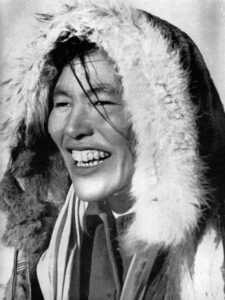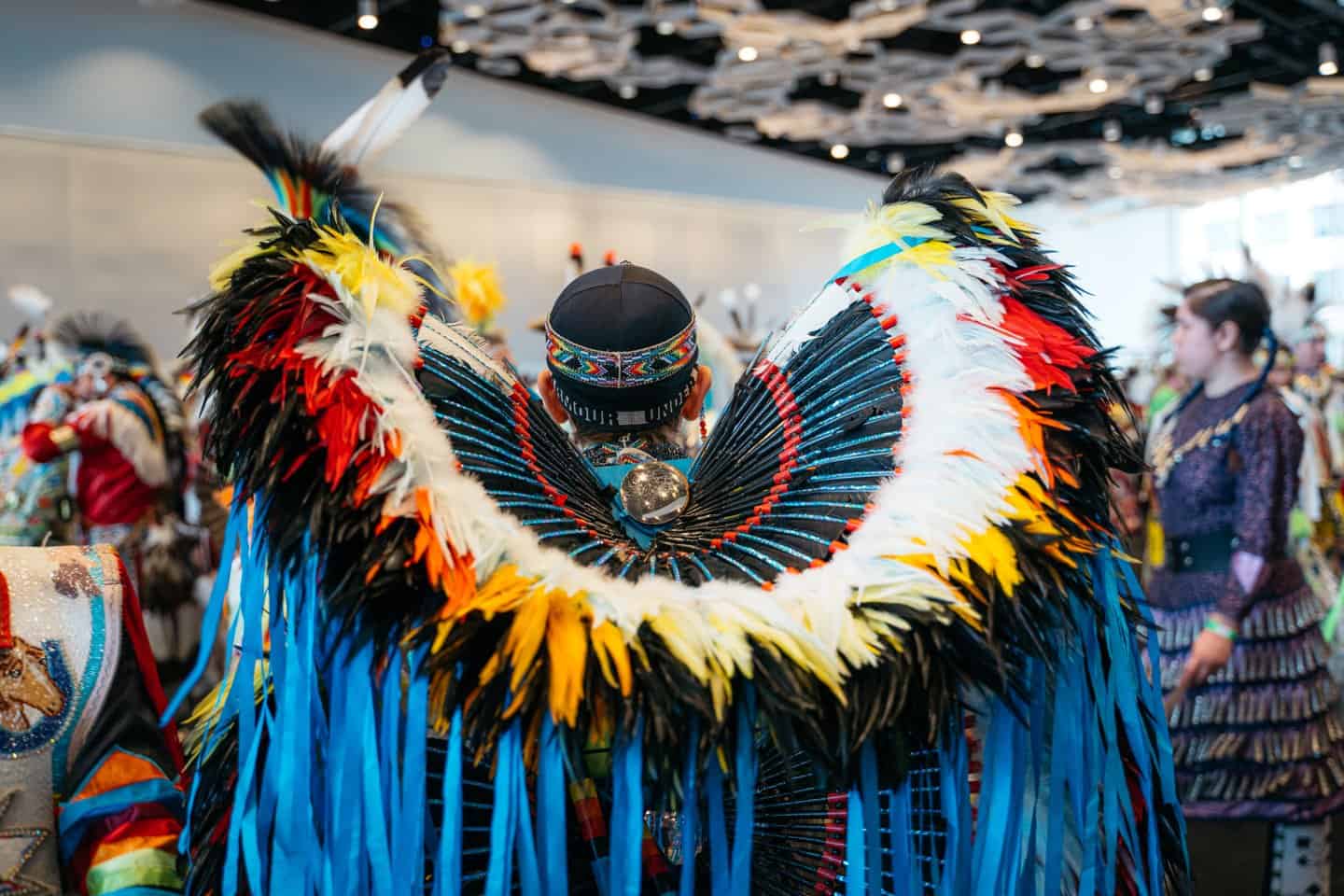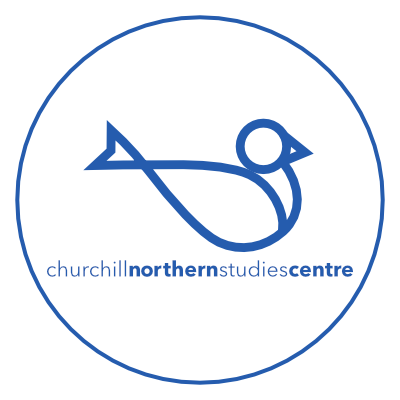National Indigenous Peoples Day: The Story Of Thanadelthur

Every June 21, Canada celebrates National Indigenous Peoples Day. This day is dedicated to honouring the culture, history, and achievements of the First Nations, Inuit, and Métis peoples. From vibrant cultural gatherings to educational workshops, the observance of this day serves as a powerful reminder of the rich heritage and significant contributions Indigenous peoples have made and continue to make in Canada.
As we celebrate National Indigenous Peoples Day this year, let’s take a closer look at the importance of this day and the impact of one Indigenous woman with ties to Churchill — Thanadelthur.
What Is National Indigenous Peoples Day?
Established in 1996, National Indigenous Peoples Day is part of a series of celebrations during National Indigenous History Month. This day provides an opportunity for everyone in Canada to recognize and celebrate the unique heritage, diverse cultures, and outstanding contributions of First Nations, Inuit, and Métis peoples. The date — June 21— was chosen for its cultural significance as the summer solstice, a day many Indigenous communities connect with through ceremonies and celebrations.
The Importance of National Indigenous Peoples Day
Celebrating this day is crucial for several reasons:
- Acknowledgment: It is a step forward in the reconciliation process, acknowledging the past injustices and discriminations faced by Indigenous peoples.
- Education: It educates the public about the cultural diversity of the Indigenous communities in Canada, their histories, and their present realities.
- Preservation: It helps in preserving the Indigenous cultures which are a fundamental part of Canada’s national fabric.
- Unity: It promotes unity and understanding across all communities, encouraging inclusivity and collective participation in cultural events.

Who is Thanadelthur?
Among the notable figures celebrated during National Indigenous Peoples Day is Thanadelthur, a remarkable Dene woman whose efforts in the early 18th century significantly contributed to peace and cooperation in what is now Northern Canada. Her story is not just a tale of survival, but one of diplomacy and leadership that helped shape Canadian history.
Thanadelthur’s Legacy
Born around 1697, Thanadelthur was captured by the Cree and eventually escaped after a year. In 1713, she was instrumental in establishing peace between the Cree and the Chipewyan (Dene), her own people. Accompanied by a Hudson’s Bay Company official and a group of Cree, she facilitated negotiations that not only concluded in peace but also opened the northern trade routes for the Europeans. She also took up a position at York Factory after this peace mission, serving as an advisor to Governor James Knight.
Why Thanadelthur Is Celebrated Today
Thanadelthur is celebrated for several reasons:
- Diplomacy: Her successful negotiation between the Cree and the Dene is a prime example of effective diplomacy and conflict resolution.
- Bravery: Her journey, survival, and willingness to be a peacemaker in a volatile environment highlight her extraordinary courage.
- Impact on trade: The peace agreement she brokered opened up new areas for the fur trade, which significantly impacted the economy of the region and the expansion of European enterprises in Northern Canada.
- Cultural ambassadorship: Thanadelthur also served as a cultural ambassador, helping to bridge the gap between different Indigenous cultures and between Indigenous peoples and Europeans.
Her legacy of peace and her role in expanding trade networks significantly contribute to her celebrated status today. She is a symbol of bravery, peace, and cultural integrity.

Celebrating Indigenous History in Churchill, Manitoba
Thanadelthur’s legacy is a well-known part of Churchill’s rich Indigenous history and culture. We at the Churchill Northern Studies Centre (CNSC) acknowledge the power of this Indigenous knowledge, history, and culture, and aim to educate our visitors in these areas for a fuller view and understanding of Churchill and the North.
The Centre is actively involved in studying the ecology and history of the Churchill region and includes Indigenous perspectives and knowledge in its research and educational programs. This approach not only enriches the studies but also honours and preserves the local Indigenous culture. Our work and programs often include working with Indigenous communities to conduct research on local wildlife and ecosystems and facilitating cultural exchanges where our visitors can learn from local Indigenous communities about traditional knowledge and practices.
National Indigenous Peoples Day is a cornerstone in promoting the culture, history, and contributions of Indigenous communities in Canada. Celebrating figures like Thanadelthur helps keep their stories alive and inspires current and future generations on the importance of peace, bravery, and cultural integrity. Through such celebrations and educational efforts, we not only commemorate these invaluable contributions but also aspire to a more inclusive and culturally aware society.
The Churchill Northern Studies Centre is an independent, non-profit field station working to understand and sustain the North. We provide accommodations, meals, equipment rentals, and logistical support to scientific and social researchers working on a diverse range of topics of interest in the subarctic. We also facilitate learning programs throughout the year for non-credit learning vacations, university credit courses, and youth programming.
Explore our Learning Vacations to see how you can experience the subarctic in a way that’s meaningful, personal, and unforgettable. Or, donate today to support greater understanding of — and deeper appreciation for — the natural, social, economic, and cultural environments of the North.
